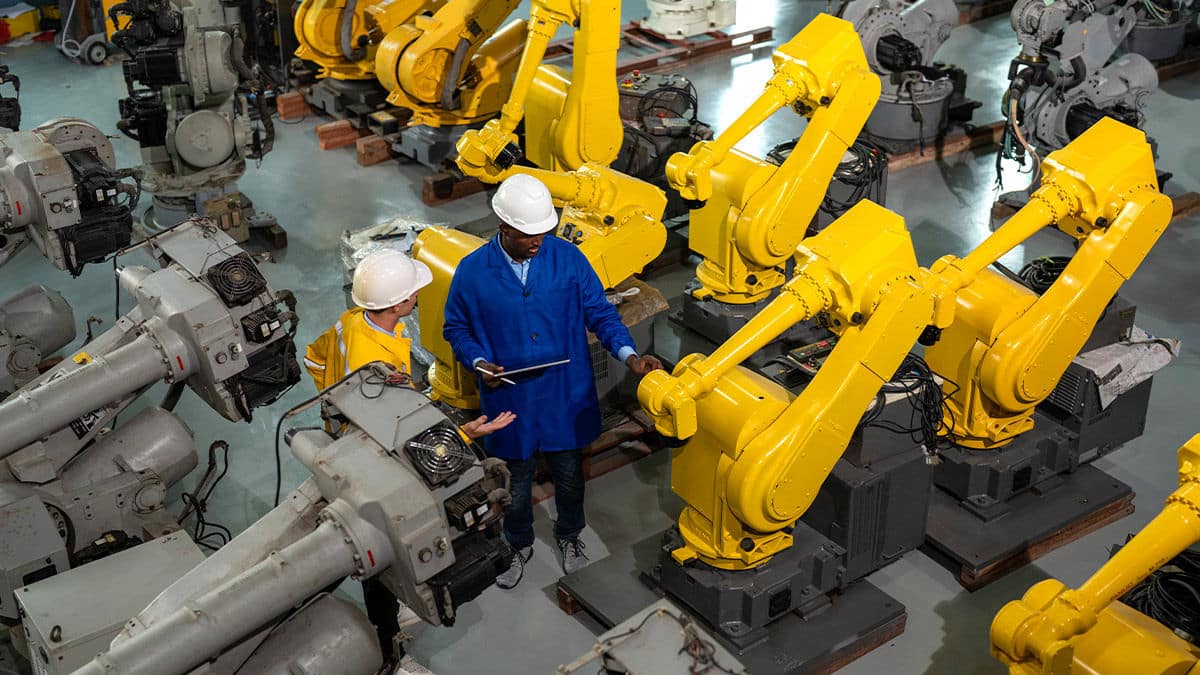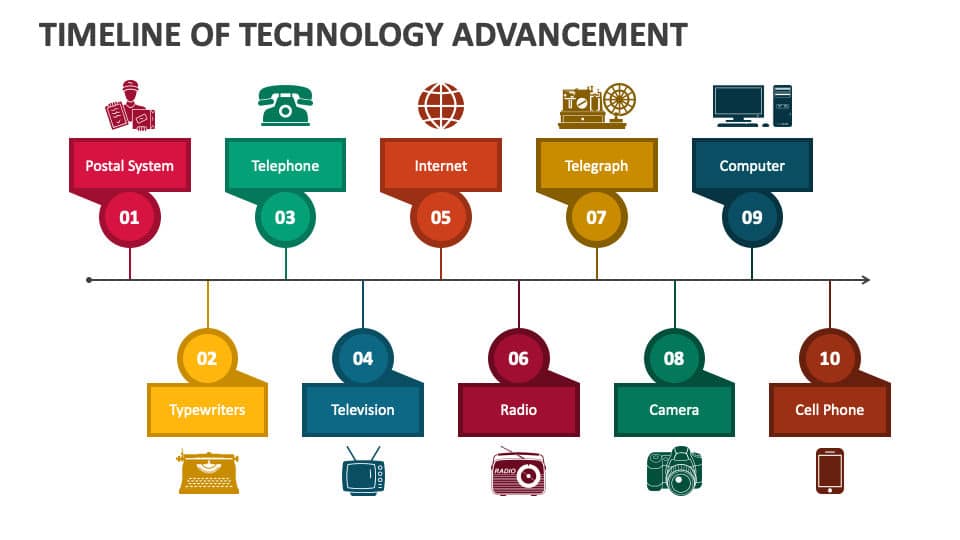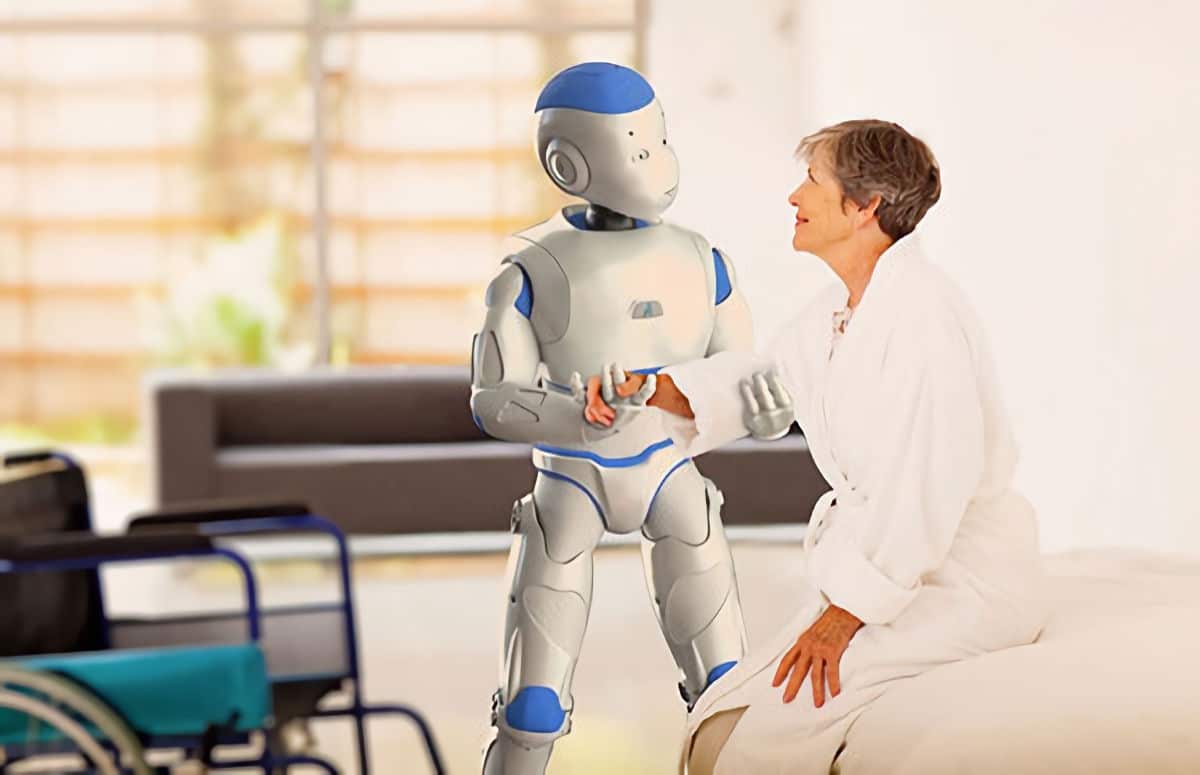In recent years, the buzz around automation and robotics has skyrocketed. From factories humming with robotic arms to AI powered chatbots handling customer service, it’s clear that technology is transforming the way we work.
However, as this automation revolution accelerates, many people wonder whether robots will replace jobs or create new opportunities.
The Changing Landscape of Work
Historically, technological revolutions have always stirred mixed feelings. The Industrial Revolution, for example, sparked fears of widespread unemployment but ultimately led to increased productivity and new industries.
Today, the advent of AI and robotics is no different. However, while some tasks, particularly repetitive, manual jobs are increasingly handled by machines, this shift does not necessarily mean a loss of employment across the board.

Automation: The Job Disruptor?
It is undeniable that automation can displace certain roles. Manufacturing, data entry and even some customer service positions are increasingly handled by machines. For workers in these fields, the transition can be challenging.
However, history shows that technological change often prompts a redefinition of roles rather than outright elimination. Workers adapt, learn new skills and move into areas that require human judgment, creativity, and emotional intelligence.

Creating Opportunities in New Frontiers
Far from just replacing human effort, automation is also creating exciting new opportunities. The demand for AI specialists, robotics engineers, data analysts, and cybersecurity experts is soaring.
Moreover, industries such as renewable energy, healthcare innovation and advanced manufacturing are expanding and requiring a skilled workforce to support new technologies.
The Human Touch and Creativity
While robots excel at routine tasks, they lack the nuanced understanding, empathy and creative insight that humans bring.
Fields such as education, arts, therapy and strategic decision making still rely heavily on human ingenuity. As automation takes over mundane tasks, people are freed to focus on higher-level responsibilities that machines cannot replicate.
Preparing for the Future
The key to thriving in this evolving landscape is adaptability. Education and continuous learning will be vital. Developing skills in tech, problem solving, and emotional intelligence can position workers to leverage automation rather than be sidelined by it.
Navigating the Ethical and Social Implications

As automation becomes more prevalent, it’s important to consider the ethical and social implications.
The questions around data privacy, job security, and equal access to new opportunities are at the forefront.
Policymakers, businesses, and educational institutions must collaborate to ensure that the benefits of automation are shared broadly, and that vulnerable populations are supported through retraining programs and social safety nets.
The Role of Policy and Education
Proactive policies can help smooth the transition into this new era. Governments can invest in lifelong learning initiatives, vocational training and STEM education to prepare workers for emerging roles. Encouraging innovation and entrepreneurship can also stimulate new industries, creating jobs that did not exist before.
A Collaborative Future
Rather than viewing robots and AI as competitors, a more optimistic perspective considers them as collaborators.
For example, in healthcare, AI assists doctors in diagnostics, allowing them to focus more on patient care. In agriculture, automation helps increase crop yields while farmers oversee and manage these technologies. This synergy enhances productivity and quality of life.
Conclusión
The automation revolution isn’t a simple story of robots replacing humans—it’s a complex transformation that can lead to both disruption and opportunity.
Embracing change, investing in new skills, and recognizing the uniquely human qualities that machines cannot replicate will be essential.
In the end, the future of work will be a partnership between humans and machines, working together to create a more innovative, productive and dynamic world.
The automation revolution is reshaping our world at an unprecedented pace. While it presents challenges, it also offers immense potential for growth, innovation, and improved quality of life. Success in this new era depends on our ability to adapt, learn, and embrace the complementary roles humans and machines can play.
The future does not involve robots taking our place because we will join forces with them to discover fresh opportunities which currently exist only in our imagination.


